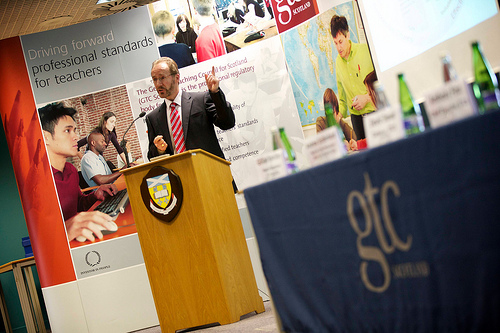Yvonne McBlain and Anne Hutchison from Falkirk Curriculum Support team have worked with Diana Ellis and Marie-Jeanne McNaughton to organise a Global Storylines Roadshow event in Camelon Education Centre between 3.30pm and 5.15pm on 30th May 2013. This event is for primary and nursery practitioners who may be interested in joining a potential Falkirk cohort of teachers accessing this high quality professional learning next session. Diana and Marie-Jeanne will share the content and format of this valuable global citizenship training, as well as the impact it has had on teachers and pupils. A number of teachers in our schools have already expressed a firm interest in being part of this Falkirk cohort. This event is designed to ensure that everyone has a chance to find out more about what is involved. Click here to read the descriptor for this course – applications should be made through your CPD co-ordinator in the usual way. You may also want to visit the Global Storylines website . Here are the thoughts of a teacher and a pupil who have taken part in tha Global Storyline project:
“My confidence in teaching these current issues has really increased and I can now use what I’ve learned to develop Global Citizenship right across different curriculuar areas and incorporate the drama techniques in all the different activities we use.” Principal Teacher
“It makes you think about it, because unless you look at something, it’s quite hard to imagine how people feel in real life, you can’t just step out of drama and go back into real life. When they’re in that position iit puts things into perspective.” 11-year-old pupil.
These testimonials express some of the benefits of applying storyline teaching strategies to progress pupil knowledge and understanding of global citizenship issues.












